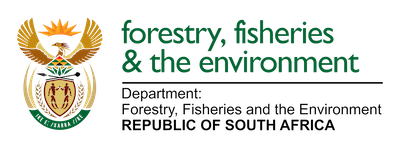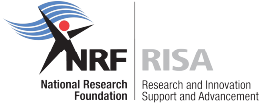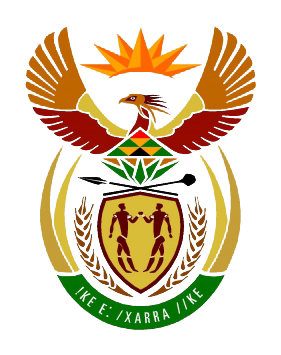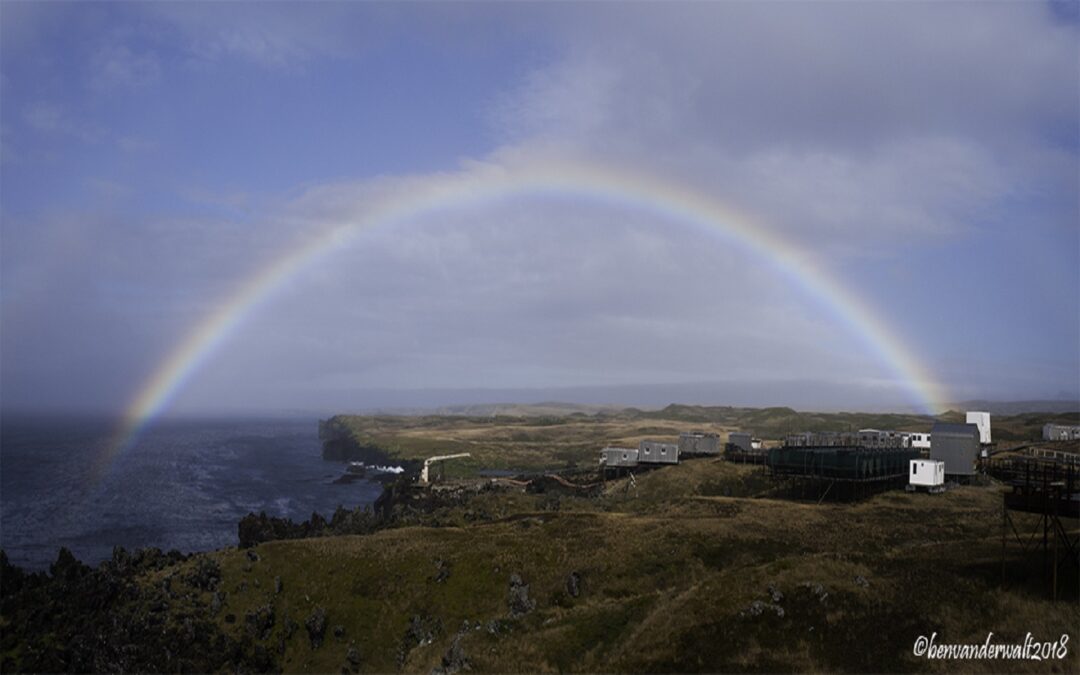
by Ria Olivier | Jun 5, 2024 | Announcement, Environment, International Days, Marion Island
On this World Environment Day we focus on Marion Island as the #generationrestoration highlights the importance of the Mouse-Free Marion Project
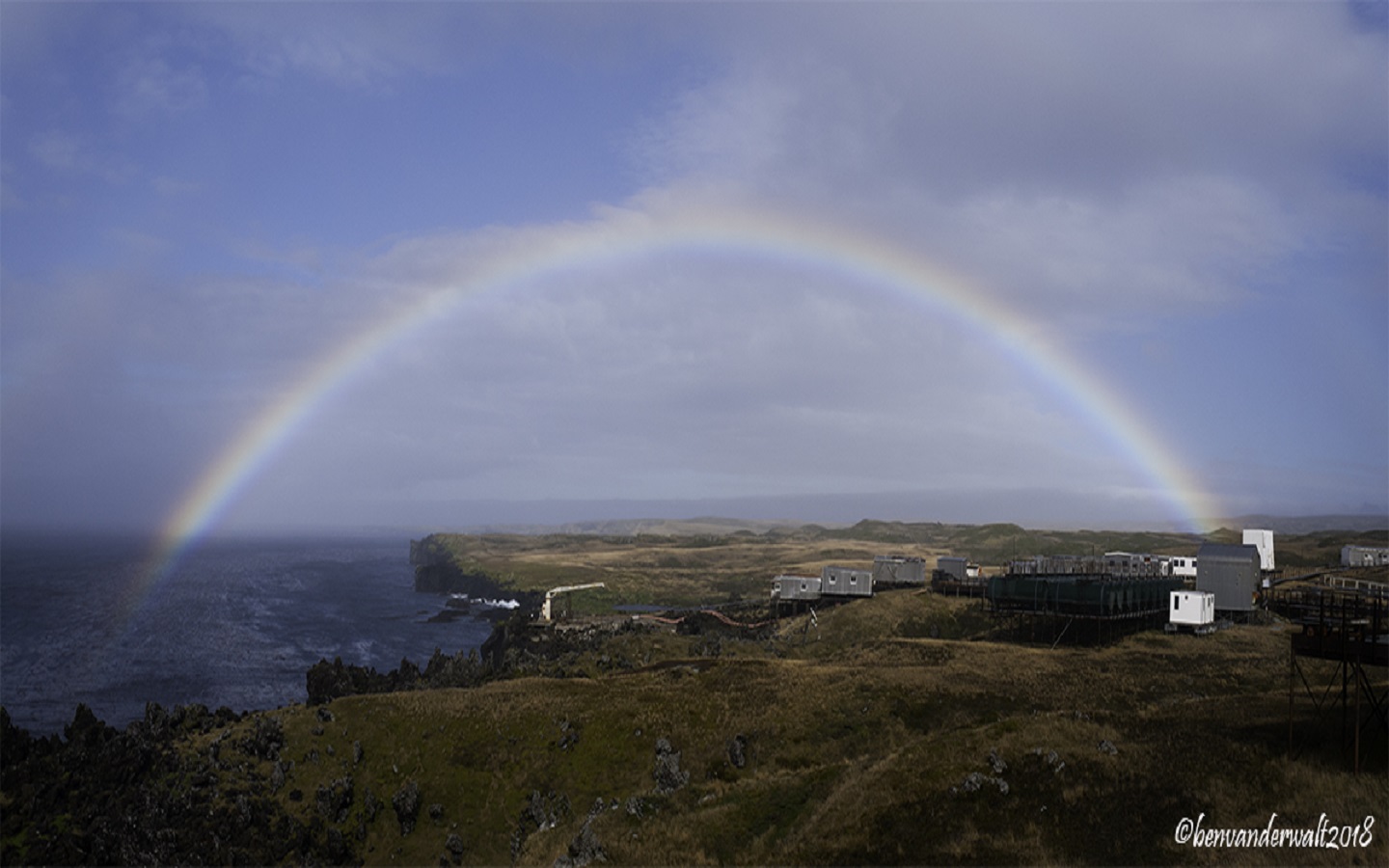 Marion Island and Prince Edward Island, collectively known as the Prince Edward Islands, are tiny specks of land in the Southern Ocean, the huge body of water that encircles the Antarctic Continent. Marion Island is the larger of the two islands, with an area of just under 300 square kilometres, whereas Prince Edward Island is considerably smaller – a mere 45 square kilometres. With a summit of 1 230 metres Marion Island is also much higher than the 672-metre high Prince Edward Island. The two islands are close neighbours, with only 19 kilometres of relatively shallow water separating them.
Marion Island and Prince Edward Island, collectively known as the Prince Edward Islands, are tiny specks of land in the Southern Ocean, the huge body of water that encircles the Antarctic Continent. Marion Island is the larger of the two islands, with an area of just under 300 square kilometres, whereas Prince Edward Island is considerably smaller – a mere 45 square kilometres. With a summit of 1 230 metres Marion Island is also much higher than the 672-metre high Prince Edward Island. The two islands are close neighbours, with only 19 kilometres of relatively shallow water separating them.
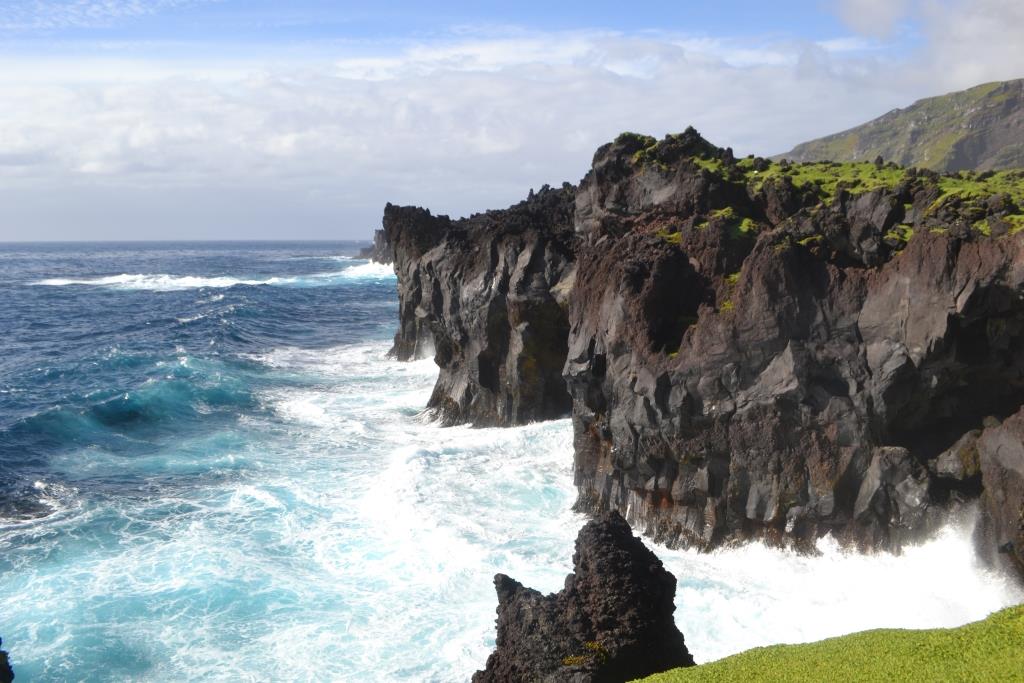 The Prince Edward Islands, together with the other islands within the Southern Ocean, form part of a complex and productive ecosystem that has far-reaching influences. In turn the ocean dominates many aspects of the islands, from the way the vegetation grows to climate and geomorphology. The islands rose above the surface of the ocean after a prolonged period of underwater volcanic activity and the rocks and many of the landscapes reflect these tumultuous beginnings. From the jagged, almost surreal expanse of the black lava fields, to the many red scoria cones that dot the landscape, these volcanic origins are responsible for some of the most striking natural features of the islands. Despite the fact that today, researchers and managers visit them every year the islands still remain one of the wildest places on earth.
The Prince Edward Islands, together with the other islands within the Southern Ocean, form part of a complex and productive ecosystem that has far-reaching influences. In turn the ocean dominates many aspects of the islands, from the way the vegetation grows to climate and geomorphology. The islands rose above the surface of the ocean after a prolonged period of underwater volcanic activity and the rocks and many of the landscapes reflect these tumultuous beginnings. From the jagged, almost surreal expanse of the black lava fields, to the many red scoria cones that dot the landscape, these volcanic origins are responsible for some of the most striking natural features of the islands. Despite the fact that today, researchers and managers visit them every year the islands still remain one of the wildest places on earth.
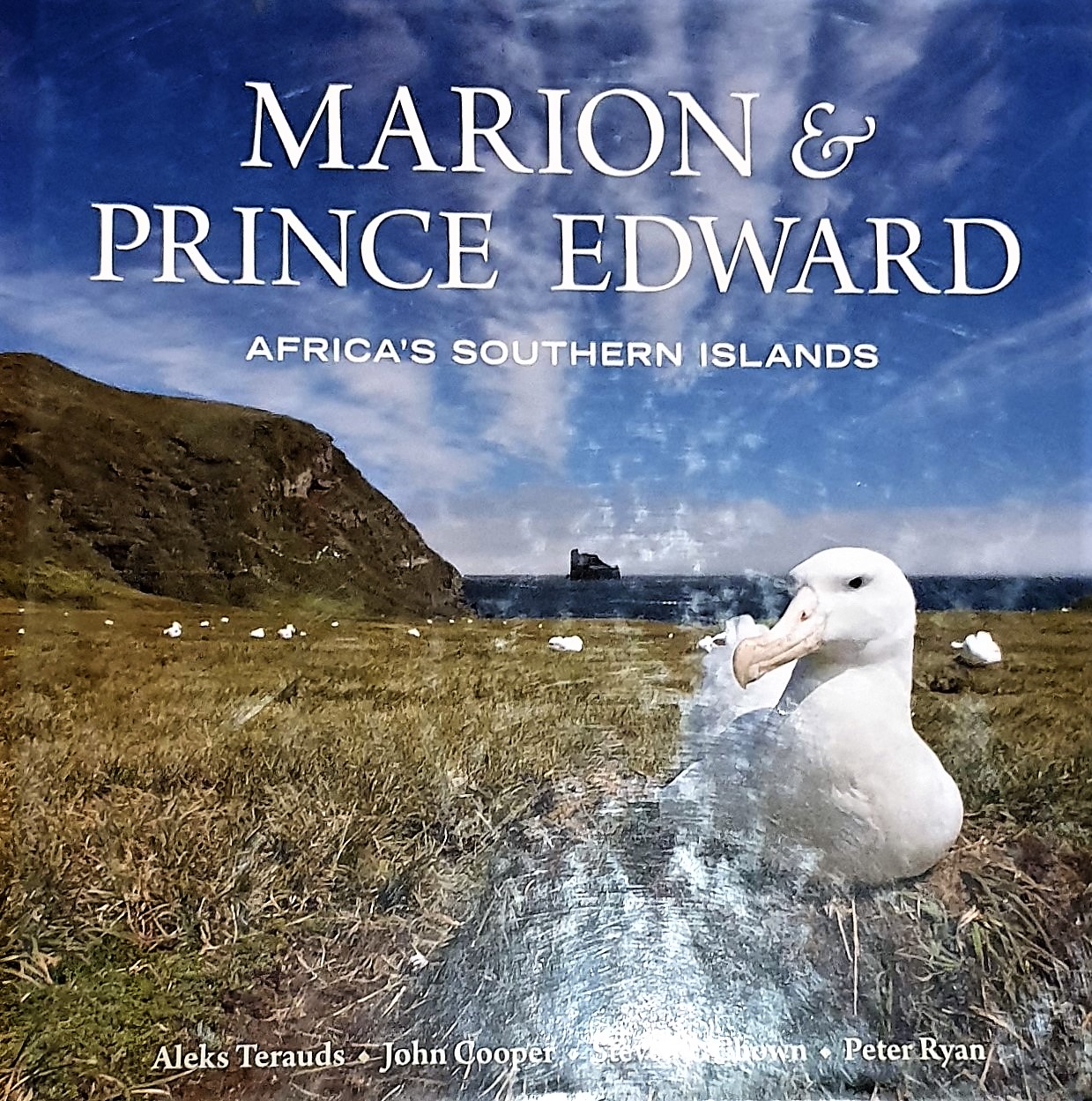 Text from: Publication Marion and the Prince Edward.
Text from: Publication Marion and the Prince Edward.
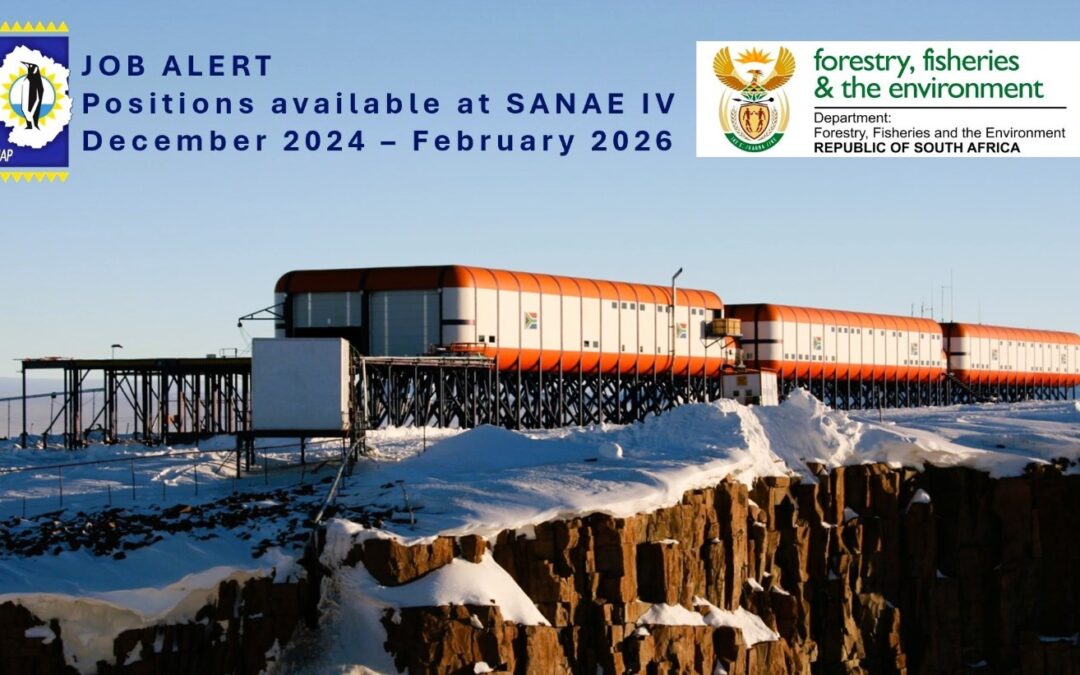
by Ria Olivier | May 22, 2024 | Announcement, Antarctica, Jobs, SANAE
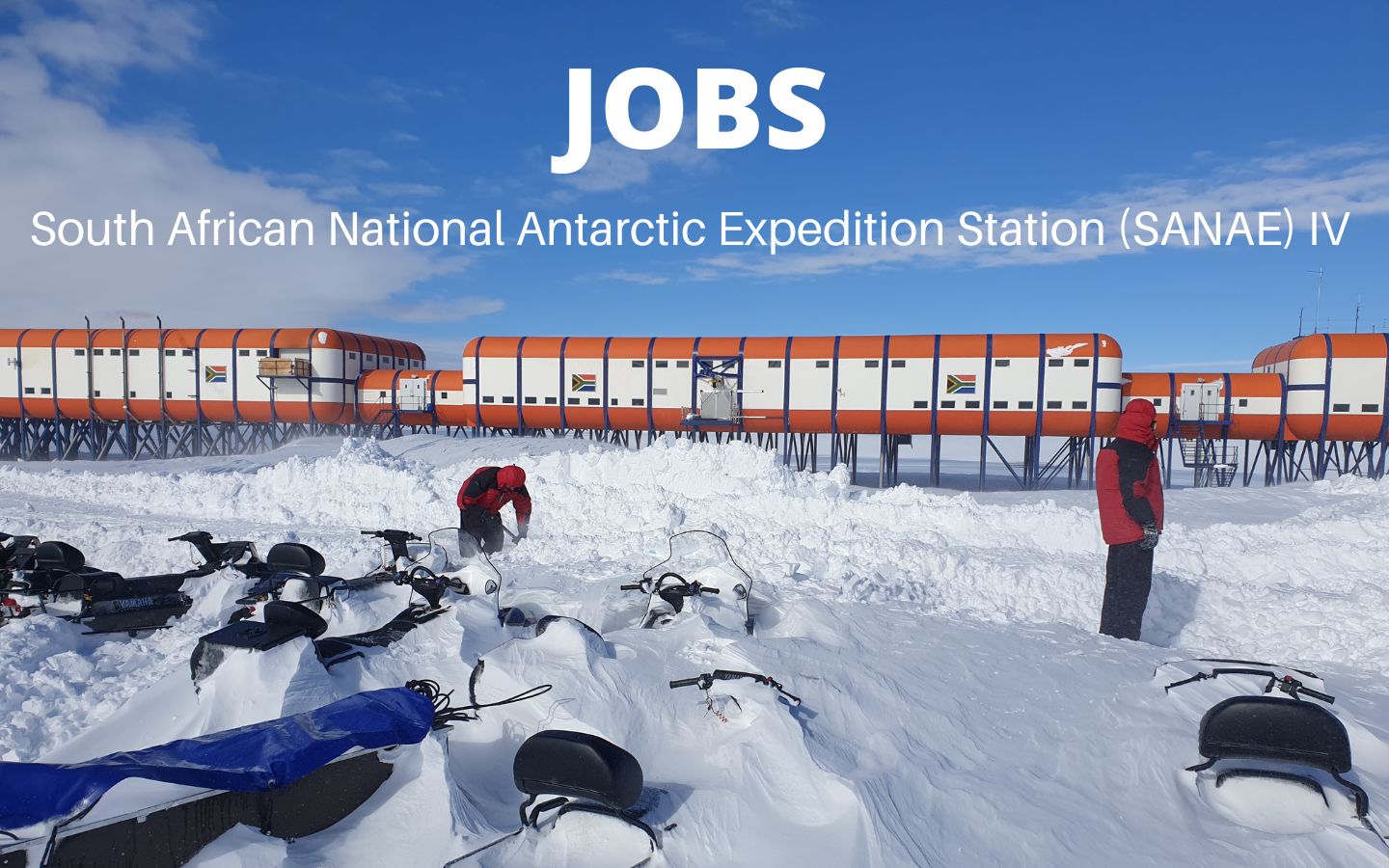 The following vacancies are advertised by The Department of Forestry, Fisheries and the Environment (DFFE) for positions based on Antarctica.
The following vacancies are advertised by The Department of Forestry, Fisheries and the Environment (DFFE) for positions based on Antarctica.
Antarctica, SANAE IV (the 4th South African National Antarctic Expedition Station):
The successful applicant will spend a full year (December 2024 to February 2026) at SANAE IV base.
Job Information available
- Diesel Mechanic
- Medical Doctor
- Communications Engineer
- Mechanical Engineer
- Instrumentation Technician
- Electro-Mechanical Technician
- Senior Meteorological Technician
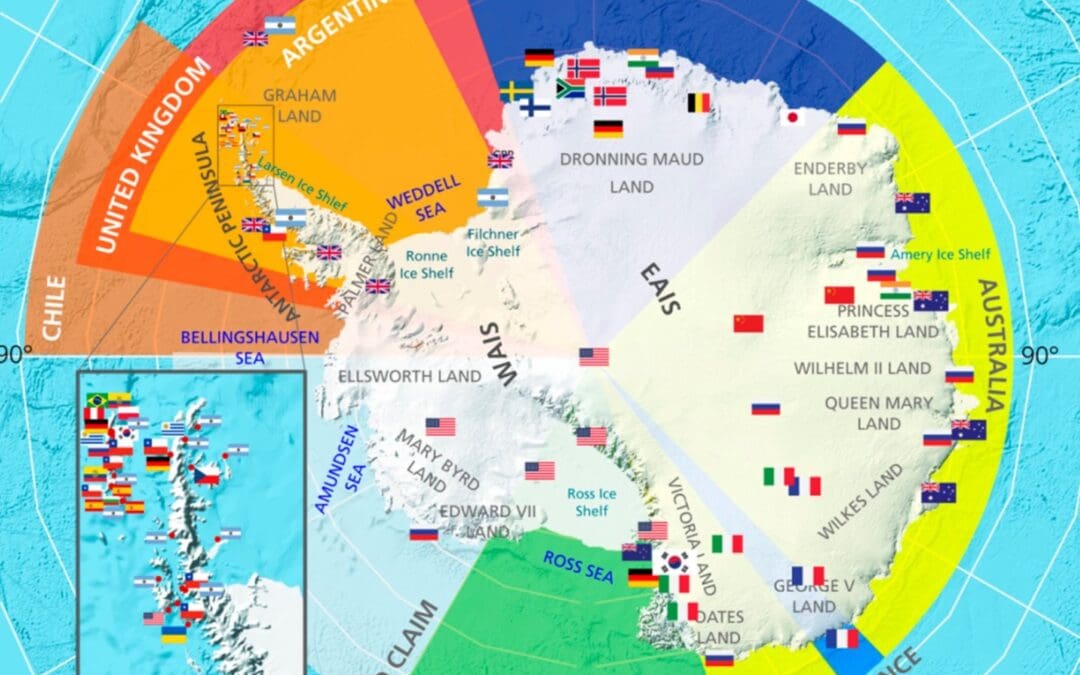
by Ria Olivier | May 7, 2024 | Announcement, Antarctica, Research, SANAP
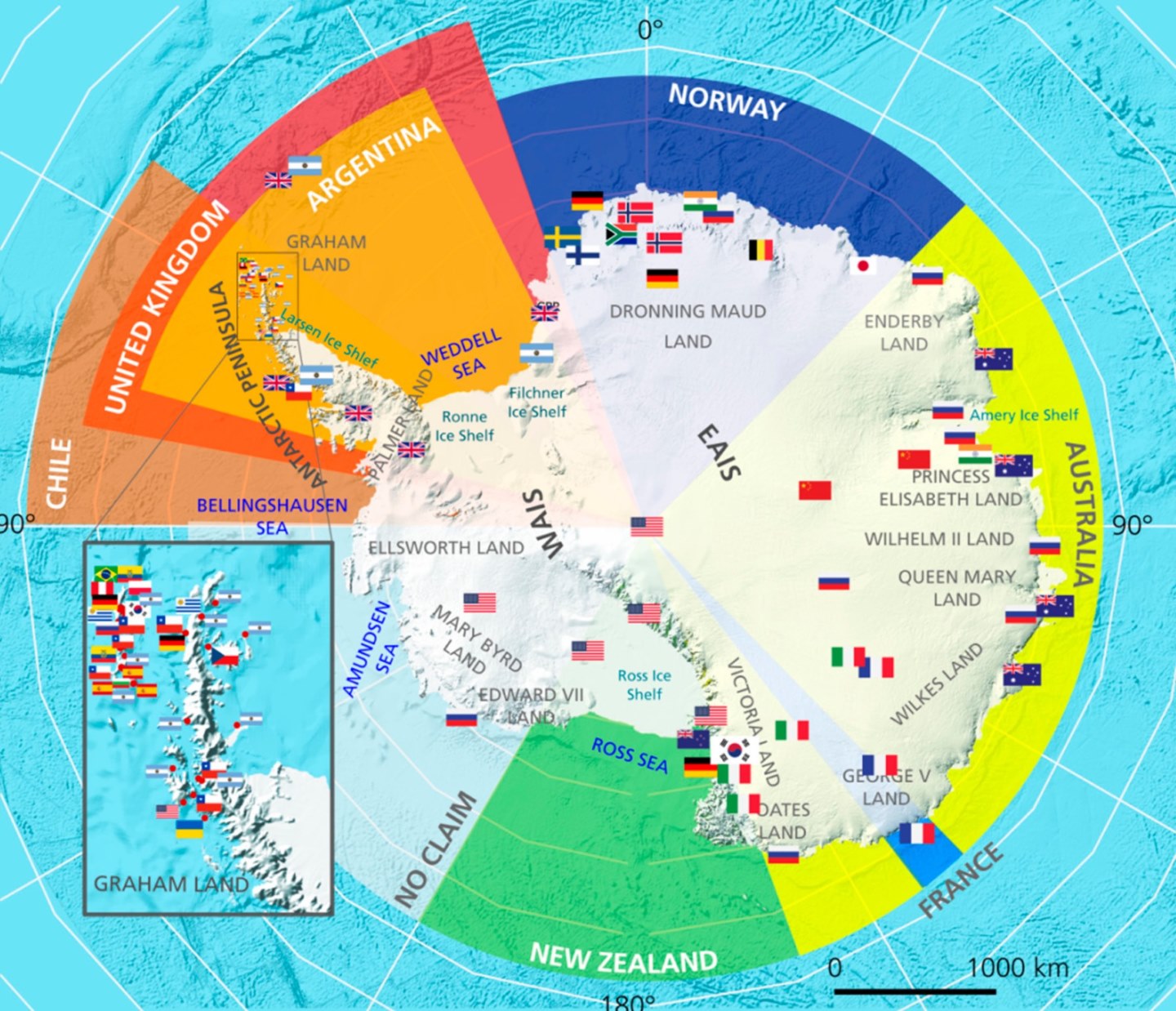 Announcing a 2nd Edition of the Special Issue focused on “Antarctic Remote Sensing Applications” that will be published in the journal Remote Sensing (IF: 5.000).
Announcing a 2nd Edition of the Special Issue focused on “Antarctic Remote Sensing Applications” that will be published in the journal Remote Sensing (IF: 5.000).
 The focus of this Special Issue will be on changes that have been and are undergoing in Antarctica mostly driven by climate change but as well by tectonics, volcanism, and erosion, that causes adaptation of Antarctic biota’s occupation and mobility, and of Human presence. Research papers focused on Antarctica that analyze data acquired by remotely operated sensors within the Remote Sensing scope are welcome to this special issue, in particular:
The focus of this Special Issue will be on changes that have been and are undergoing in Antarctica mostly driven by climate change but as well by tectonics, volcanism, and erosion, that causes adaptation of Antarctic biota’s occupation and mobility, and of Human presence. Research papers focused on Antarctica that analyze data acquired by remotely operated sensors within the Remote Sensing scope are welcome to this special issue, in particular:
- Antarctic climate change effect on ice sheet and permafrost state and evolution,
- Antarctic sea level rise and sea surface temperature anomalies,
- Antarctic landform formation by tectonics, volcanism, and erosion,
- Antarctic biota occupation and mobility,
- Antarctic past and recent human presence.
SPECIAL ISSUE Information
Researchers working on these topics express an interest in contributing to this Special Issue by sending a potential title, list of authors and abstract (of about 300 words) to gprates@ualg.pt and/or to submit your contributions.
The submission deadline will be 30th September 2024.
CONTACT:
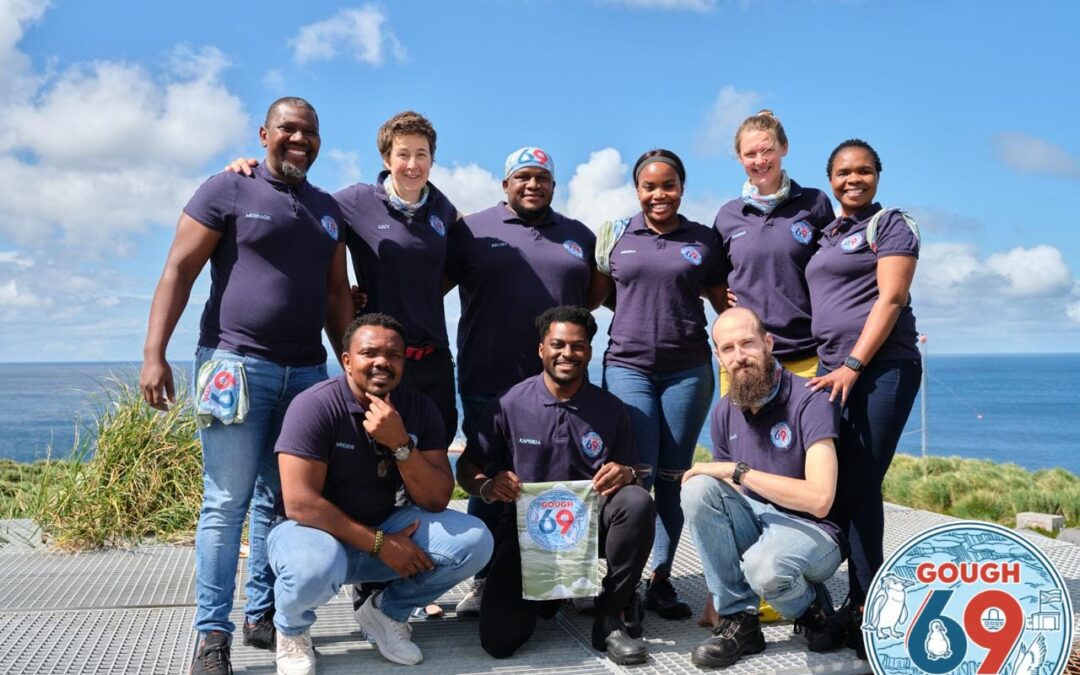
by Ria Olivier | Apr 23, 2024 | Announcement, Gough Island, Overwintering Team
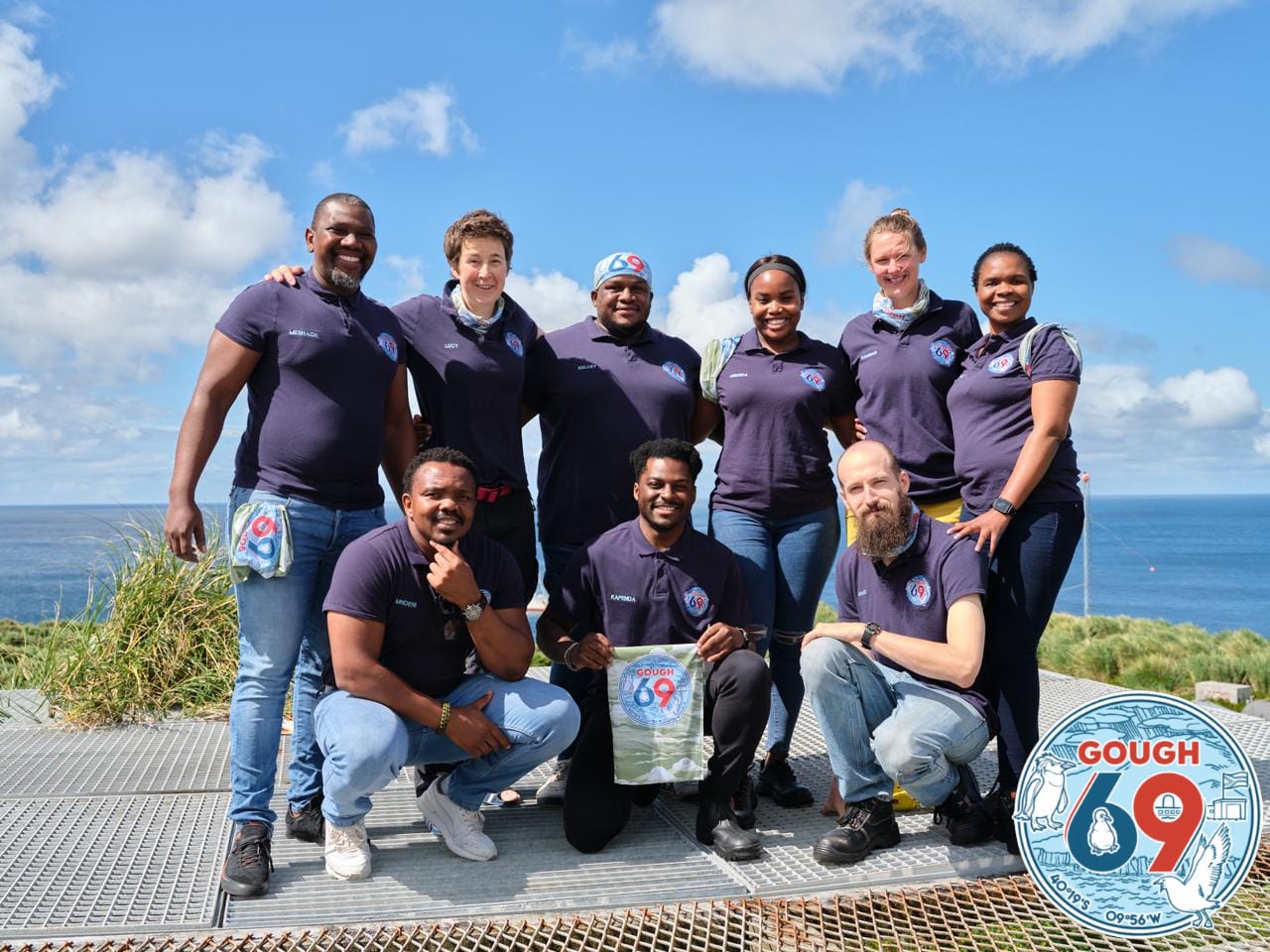 (Back L – R) Meshack Mogorosi – Diesel Mechanic (DFFE) and Team Leader; Lucy Dorman – Field Assistant – Birder (RSPB); Mbulaheni Kelcey Maewashe – Senior Meteorological Technician (SAWS); Fulufhelo Brenda Khobo – Meteorological Technician (SAWS); Hannah Greetham – Field Assistant – Birder (RSPB); Fulufhelo Singo – Electrical Engineer (DFFE)
(Back L – R) Meshack Mogorosi – Diesel Mechanic (DFFE) and Team Leader; Lucy Dorman – Field Assistant – Birder (RSPB); Mbulaheni Kelcey Maewashe – Senior Meteorological Technician (SAWS); Fulufhelo Brenda Khobo – Meteorological Technician (SAWS); Hannah Greetham – Field Assistant – Birder (RSPB); Fulufhelo Singo – Electrical Engineer (DFFE)
(Front L – R) Mndeni Hlatshwayo – Medical Orderly (DFFE); Mayembe Kapenda – Communications Engineer (DFFE); James Burns – Meteorological Technician (SAWS)
- DFFE: Department of Forestry, Fisheries and the Environment
- SAWS: South African Weather Services
- RSPB: The Royal Society for the Protection of Birds
Photo available on SANAP website and on ALSA archive
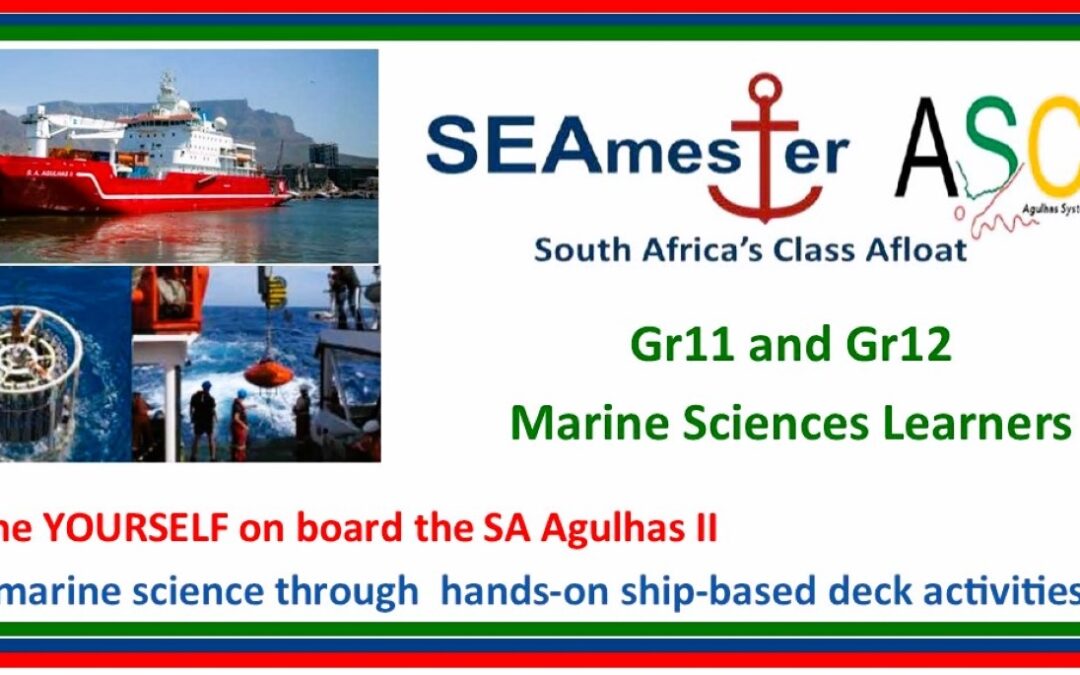
by Ria Olivier | Apr 11, 2024 | Announcement, SANAP, SEAmester
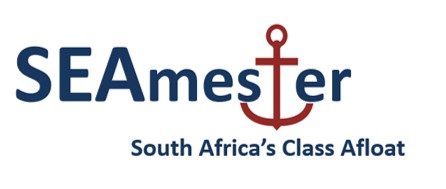 LEARNER (FET) APPLICATION FORM
LEARNER (FET) APPLICATION FORM
- Applications need to be completed by
- * No late or incomplete applications will be considered. (CLOSINGDATE 19 APRIL)
- SEAmester VII dates are 24th June to 4th July 2024
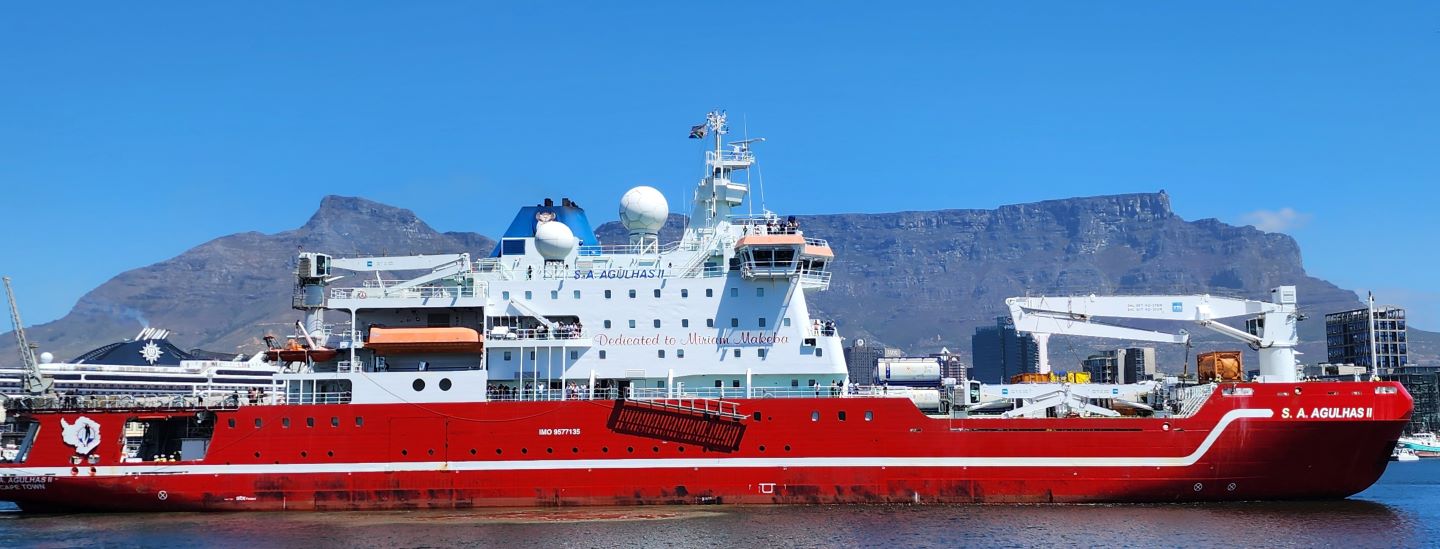 SEAmester – South Africa’s Class Afloat aims to introduce marine science as an applied and cross- disciplinary field to students who have shown an interest in the core science disciplines. It combines traditional classroom lectures with hands-on ship-based deck activities; while providing them with an opportunity to support specialist scientists in recognised marine research activities. During the voyage, students will engage in classroom lectures, assignments, and hands-on research activities, covering topics such as physical oceanography, marine biology and environmental science. Learners will also work with sophisticated instrumentation, collect data and gain experience in data analysis and scientific research techniques. The research group comprises over 30 oceanographic, fisheries, biogeochemical and biological experts, who jointly have trained over 600 Southern African students onboard a wide variety of international and local research vessels.
SEAmester – South Africa’s Class Afloat aims to introduce marine science as an applied and cross- disciplinary field to students who have shown an interest in the core science disciplines. It combines traditional classroom lectures with hands-on ship-based deck activities; while providing them with an opportunity to support specialist scientists in recognised marine research activities. During the voyage, students will engage in classroom lectures, assignments, and hands-on research activities, covering topics such as physical oceanography, marine biology and environmental science. Learners will also work with sophisticated instrumentation, collect data and gain experience in data analysis and scientific research techniques. The research group comprises over 30 oceanographic, fisheries, biogeochemical and biological experts, who jointly have trained over 600 Southern African students onboard a wide variety of international and local research vessels.
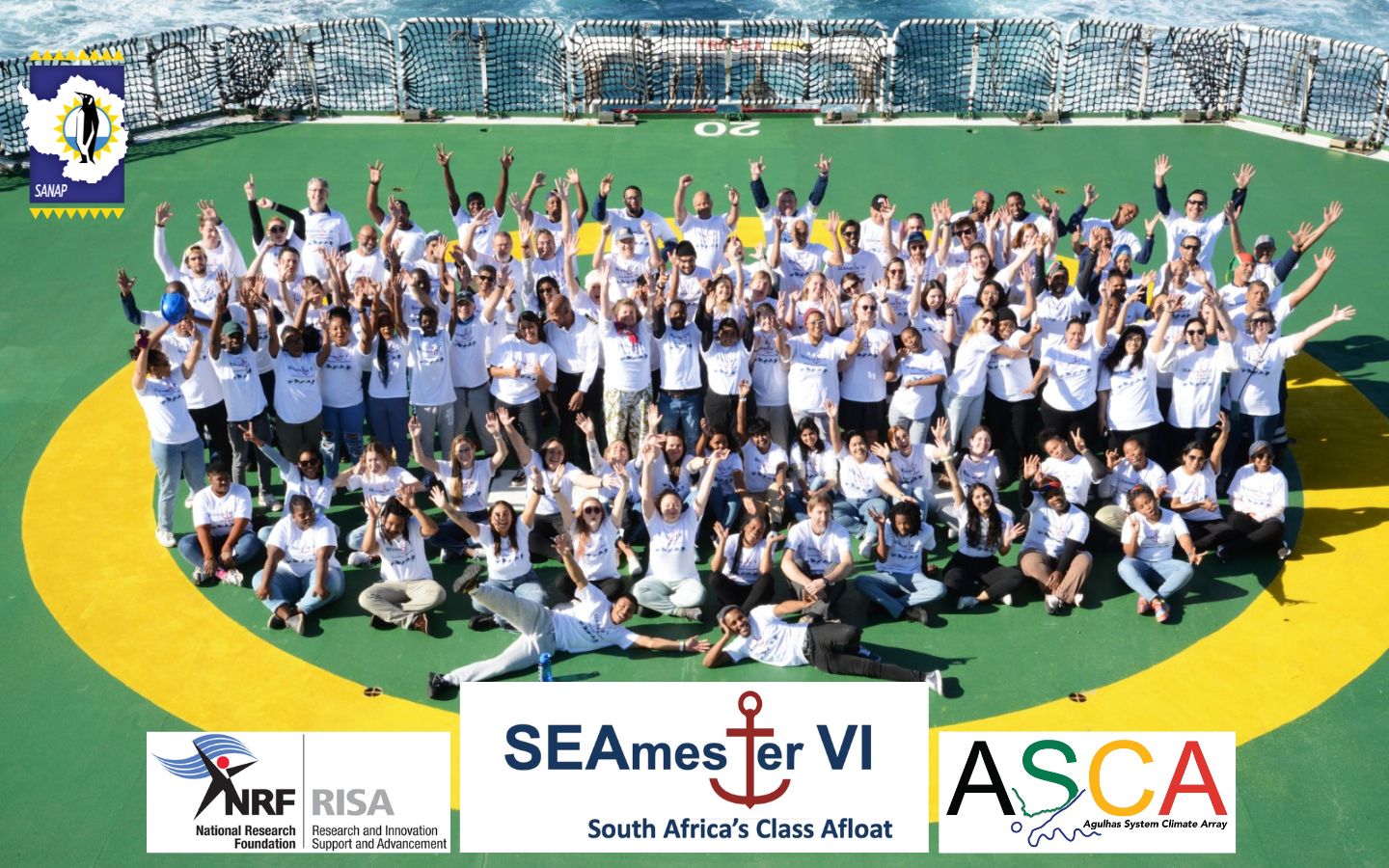
The SEAmester programme is usually offered to 40 post-graduate students. With the introduction of Marine Sciences in the FET phase, the SEAmester team, led by Prof. Isabelle Ansorge from the University of Cape Town, has made available two spaces for high-school learners. These two learners will be selected through an objective process. The team invites full-time Grade 11 and Grade 12 learners to apply for and potentially be selected for this amazing opportunity.
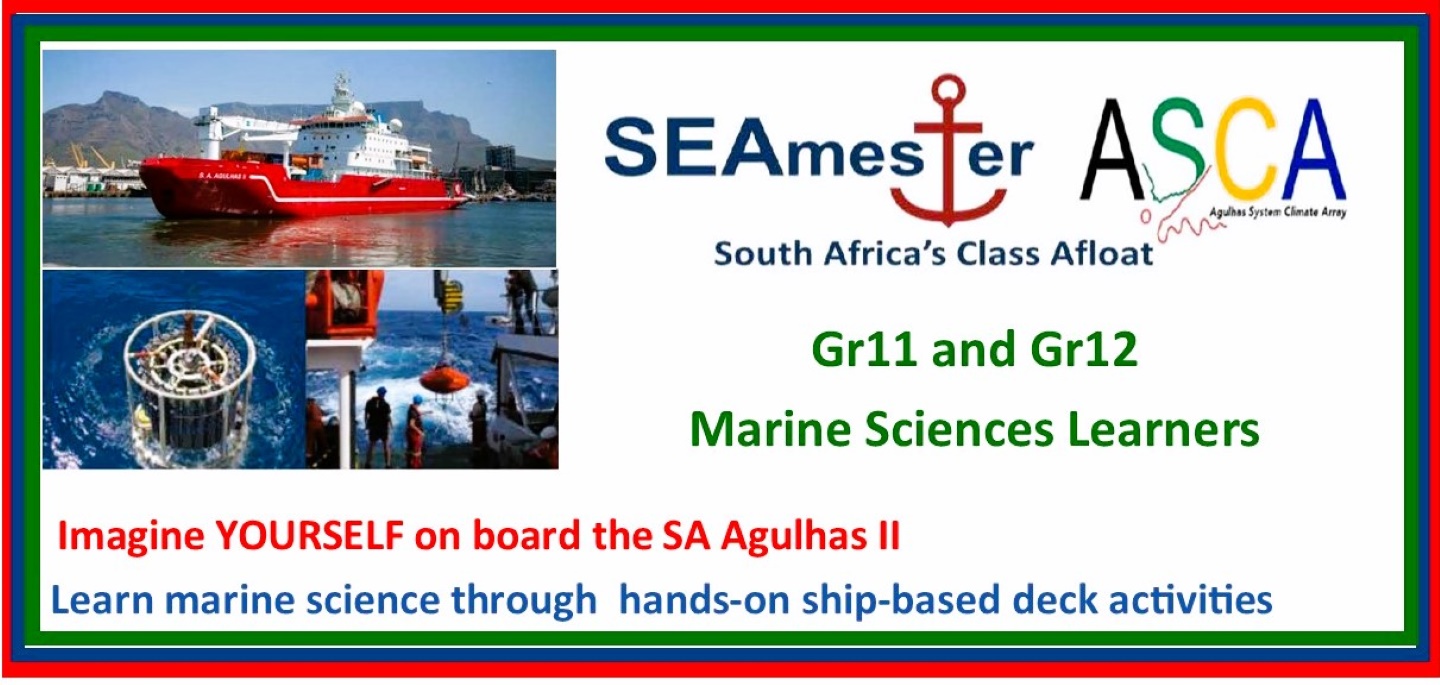 APPLICATION REQUIREMENTS
APPLICATION REQUIREMENTS
- CLOSING DATE 19 APRIL 2024
- To apply to be part of this amazing opportunity:
- Applicants must be full-time in Grade 11 or Grade 12 in 2024.
- Applicants must be doing Marine Sciences as school subject in Grade 11 or Grade 12.
- Applicants must have a passion for marine sciences and an enthusiastic attitude .
- Applicants must provide a 350 – 500, covering:
- your understanding of the importance of marine science research on vessels such as the SA Agulhas II
- a motivation as to why you should be selected to be part of SEAmester – South Africa’s class afloat, and what you hope to gain from this
- be available to be on board the research ship from 24 June to 4 July 2024 (a valid passport would be required)
Sounds like a dream potentially coming true?
- Go to: https://forms.gle/fBSN3dZVLRHJJmWf9
- Complete the relevant
- Upload an official copy of your Term 1, 2024 academic
- Upload a copy of your essay
- Any questions regarding your application? Email:

by Ria Olivier | Apr 3, 2024 | Announcement, Research, SANAP
The SANAP research projects approved for the cycle 2024-2026 are represented under the following Marine and Antarctic Strategy themes.
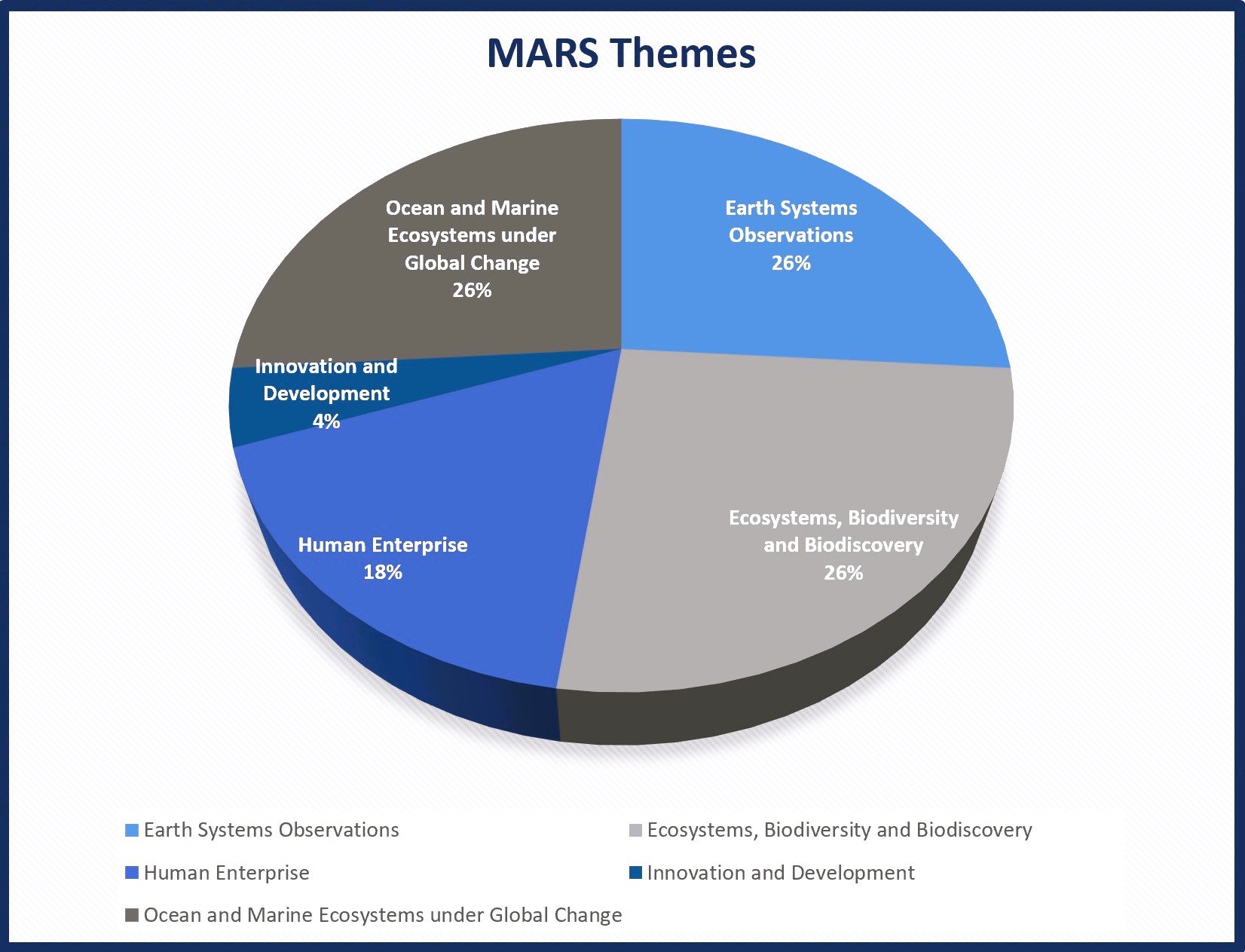
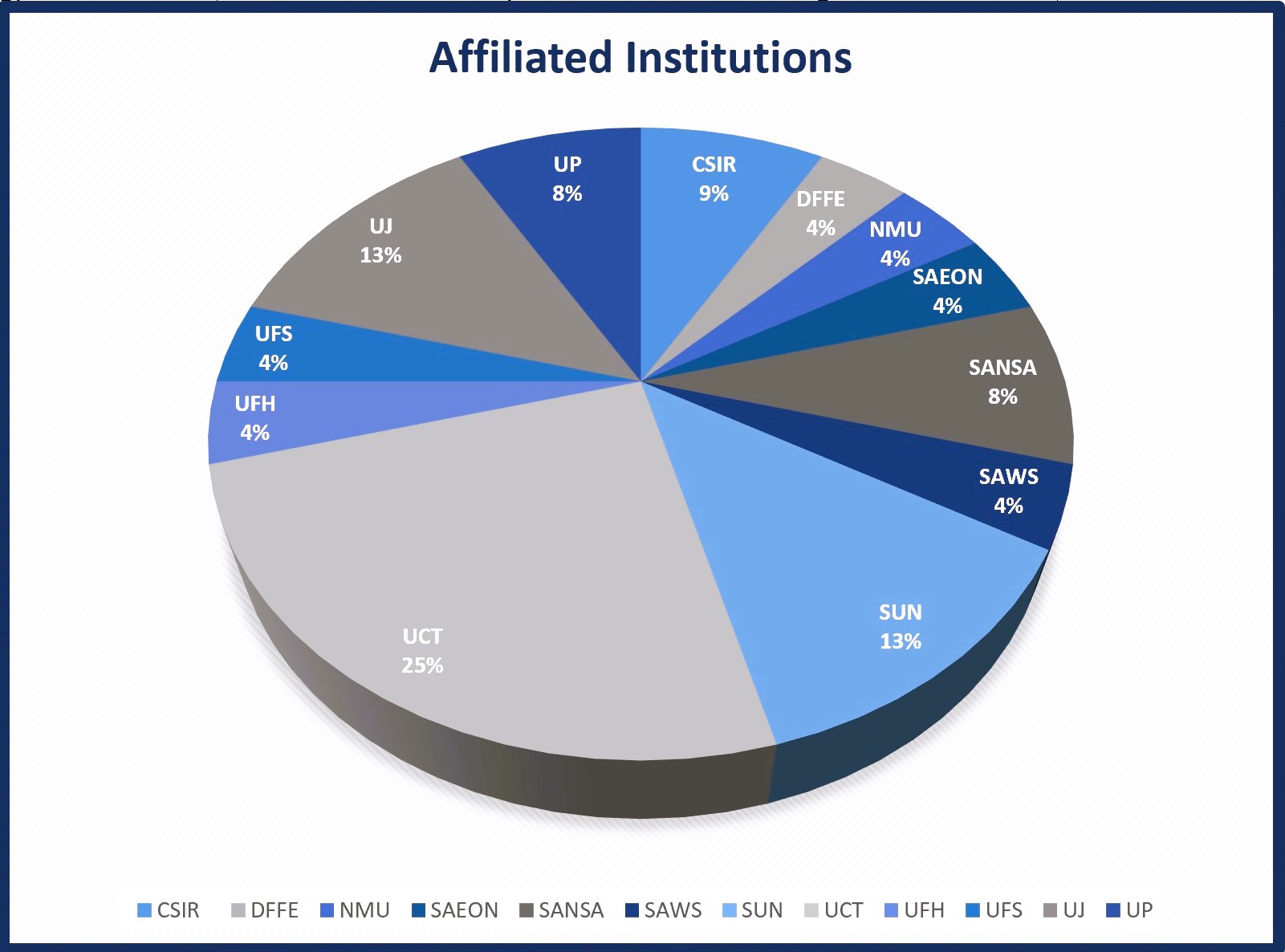

OCEAN and Marine Ecosystems under Global Change
- Antarctic MIZ Observations: Interdisciplinary approaches to resolve seasonal sea-ice variability. (UCT)
- Decoding the mercury cycle in the Southern Ocean: in situ observations and advanced modeling. (SAWS)
- ECOSOPHY – Emergent constraints on Southern Ocean phytoplankton physiology. (CSIR)
- Growth dynamics of sea ice and how they affect the sea ice mechanics. (UCT)
- Micronutrient and pollutant trace elements at the air-sea interface of the Southern Ocean. (SUN)
- Southern Ocean Carbon-Heat Nexus: mixed-layer processes & feedbacks for improved climate projections. (CSIR)
- The biological carbon pump in a changing Southern Ocean. (UCT)
Earth Systems Observations
- Crustal evolution of Dronning Maud Land (UJ)
- Landscape and Climate Interactions in the sub-Antarctic. (UFH)
- Polar Space Weather Studies (SANSA)
- Provenance and paleomagnetics of the rocks of the Grunehogna Craton in Western Dronning Maud Land. (UJ)
- SANAE HF radar. (SANSA)
- Structural Glaciological Analysis of North-Western Antarctic Ice Shelf – SANAS (UCT)
Ecosystems, Biodiversity and Biodiscovery
- Ecogenomics (UJ)
- Interactive effects of multiple stressors and environmental change on seabird breeding performance. (DFFE)
- Marion Island mouSe Ecology – MISE (UP)
- Marion Island Top Predator Long-Term Observations. (SAEON)
- On-island impacts of climate change on the Southern Ocean’s iconic seabirds. (UCT)
Innovation and development
- SA Agulhas II – Flagship for Vessel (4.0) – Part II (SUN)
Human Enterprise
- Antarctic Legacy of South Africa. (SUN)
- SEAmester – South Africa’s Floating University. ( UCT)
- South African Antarctic Artists and Writers Programme – AWP Pilot. (UP)
- The Marion Island Hut Book Project. (UFS)
For details and links see SANAP website.

 Marion Island and Prince Edward Island, collectively known as the Prince Edward Islands, are tiny specks of land in the Southern Ocean, the huge body of water that encircles the Antarctic Continent. Marion Island is the larger of the two islands, with an area of just under 300 square kilometres, whereas Prince Edward Island is considerably smaller – a mere 45 square kilometres. With a summit of 1 230 metres Marion Island is also much higher than the 672-metre high Prince Edward Island. The two islands are close neighbours, with only 19 kilometres of relatively shallow water separating them.
Marion Island and Prince Edward Island, collectively known as the Prince Edward Islands, are tiny specks of land in the Southern Ocean, the huge body of water that encircles the Antarctic Continent. Marion Island is the larger of the two islands, with an area of just under 300 square kilometres, whereas Prince Edward Island is considerably smaller – a mere 45 square kilometres. With a summit of 1 230 metres Marion Island is also much higher than the 672-metre high Prince Edward Island. The two islands are close neighbours, with only 19 kilometres of relatively shallow water separating them. The Prince Edward Islands, together with the other islands within the Southern Ocean, form part of a complex and productive ecosystem that has far-reaching influences. In turn the ocean dominates many aspects of the islands, from the way the vegetation grows to climate and geomorphology. The islands rose above the surface of the ocean after a prolonged period of underwater volcanic activity and the rocks and many of the landscapes reflect these tumultuous beginnings. From the jagged, almost surreal expanse of the black lava fields, to the many red scoria cones that dot the landscape, these volcanic origins are responsible for some of the most striking natural features of the islands. Despite the fact that today, researchers and managers visit them every year the islands still remain one of the wildest places on earth.
The Prince Edward Islands, together with the other islands within the Southern Ocean, form part of a complex and productive ecosystem that has far-reaching influences. In turn the ocean dominates many aspects of the islands, from the way the vegetation grows to climate and geomorphology. The islands rose above the surface of the ocean after a prolonged period of underwater volcanic activity and the rocks and many of the landscapes reflect these tumultuous beginnings. From the jagged, almost surreal expanse of the black lava fields, to the many red scoria cones that dot the landscape, these volcanic origins are responsible for some of the most striking natural features of the islands. Despite the fact that today, researchers and managers visit them every year the islands still remain one of the wildest places on earth. Text from: Publication Marion and the Prince Edward.
Text from: Publication Marion and the Prince Edward. 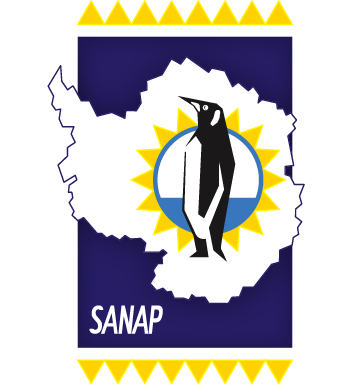

 The following vacancies are advertised by The Department of Forestry, Fisheries and the Environment (
The following vacancies are advertised by The Department of Forestry, Fisheries and the Environment (
 Announcing a 2nd Edition of the Special Issue focused on “Antarctic Remote Sensing Applications” that will be published in the journal Remote Sensing (IF: 5.000).
Announcing a 2nd Edition of the Special Issue focused on “Antarctic Remote Sensing Applications” that will be published in the journal Remote Sensing (IF: 5.000). The focus of this Special Issue will be on changes that have been and are undergoing in Antarctica mostly driven by climate change but as well by tectonics, volcanism, and erosion, that causes adaptation of Antarctic biota’s occupation and mobility, and of Human presence. Research papers focused on Antarctica that analyze data acquired by remotely operated sensors within the Remote Sensing scope are welcome to this special issue, in particular:
The focus of this Special Issue will be on changes that have been and are undergoing in Antarctica mostly driven by climate change but as well by tectonics, volcanism, and erosion, that causes adaptation of Antarctic biota’s occupation and mobility, and of Human presence. Research papers focused on Antarctica that analyze data acquired by remotely operated sensors within the Remote Sensing scope are welcome to this special issue, in particular:
 (Back L – R) Meshack Mogorosi – Diesel Mechanic (DFFE) and Team Leader; Lucy Dorman – Field Assistant – Birder (RSPB); Mbulaheni Kelcey Maewashe – Senior Meteorological Technician (SAWS); Fulufhelo Brenda Khobo – Meteorological Technician (SAWS); Hannah Greetham – Field Assistant – Birder (RSPB); Fulufhelo Singo – Electrical Engineer (DFFE)
(Back L – R) Meshack Mogorosi – Diesel Mechanic (DFFE) and Team Leader; Lucy Dorman – Field Assistant – Birder (RSPB); Mbulaheni Kelcey Maewashe – Senior Meteorological Technician (SAWS); Fulufhelo Brenda Khobo – Meteorological Technician (SAWS); Hannah Greetham – Field Assistant – Birder (RSPB); Fulufhelo Singo – Electrical Engineer (DFFE)
 LEARNER (FET) APPLICATION FORM
LEARNER (FET) APPLICATION FORM SEAmester – South Africa’s Class Afloat aims to introduce marine science as an applied and cross- disciplinary field to students who have shown an interest in the core science disciplines. It combines traditional classroom lectures with hands-on ship-based deck activities; while providing them with an opportunity to support specialist scientists in recognised marine research activities. During the voyage, students will engage in classroom lectures, assignments, and hands-on research activities, covering topics such as physical oceanography, marine biology and environmental science. Learners will also work with sophisticated instrumentation, collect data and gain experience in data analysis and scientific research techniques. The research group comprises over 30 oceanographic, fisheries, biogeochemical and biological experts, who jointly have trained over 600 Southern African students onboard a wide variety of international and local research vessels.
SEAmester – South Africa’s Class Afloat aims to introduce marine science as an applied and cross- disciplinary field to students who have shown an interest in the core science disciplines. It combines traditional classroom lectures with hands-on ship-based deck activities; while providing them with an opportunity to support specialist scientists in recognised marine research activities. During the voyage, students will engage in classroom lectures, assignments, and hands-on research activities, covering topics such as physical oceanography, marine biology and environmental science. Learners will also work with sophisticated instrumentation, collect data and gain experience in data analysis and scientific research techniques. The research group comprises over 30 oceanographic, fisheries, biogeochemical and biological experts, who jointly have trained over 600 Southern African students onboard a wide variety of international and local research vessels.
 APPLICATION REQUIREMENTS
APPLICATION REQUIREMENTS




